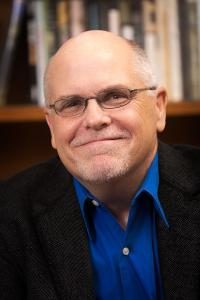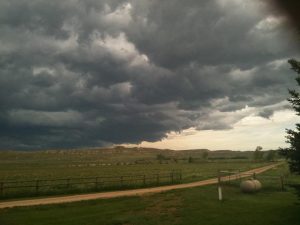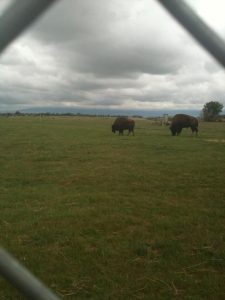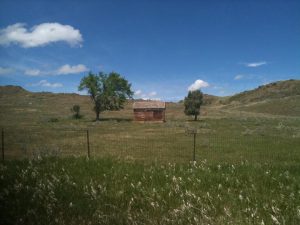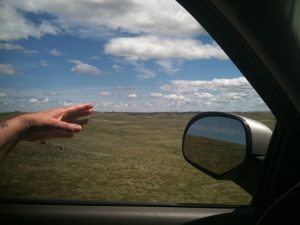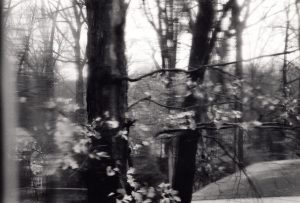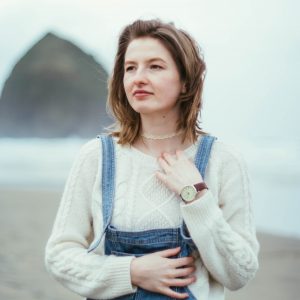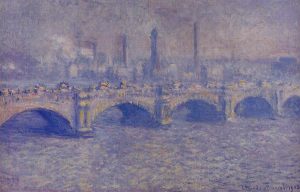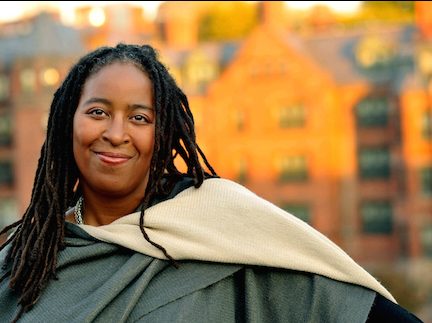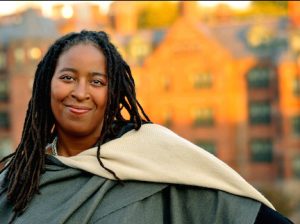Flying to New Zealand
Thirty hours in the air to spend forty on the ground.
The flight attendants feed us every ten minutes to try to make us forget that our knees are setting off our ears like scare quotes, that we are hurtling through the sky in a modified tin can.
I am going to Wellington to present a conference paper. The fat girls are going up and down the airplane to do what, I do not know. Limited diversions on a plane. How many times can one use the stinky bathroom? To bump the snack carts inconveniently out of the way? Why is it always the fat girls—up they go and back they come, jostling everyone as they make their passages. Up and back. I am being mean. Sorry, fat girls. But, of course, they cannot hear me.
I watch a super creepy movie The Counselor Cormac McCarthy wrote, in which Brad Pitt gets garroted. I consider garroting the current fat girl butting into the snack cart. I am not a nice person.
For months I have been reading histories of New Zealand to prepare a paper for my audience. As an American, I am deeply aware of my cultural ignorance. Due to its remoteness, New Zealand was settled late by Europeans. But the Maori were there well before the time James Cook arrived, likely migrating from Eastern Polynesia. Although a minority today, the Maori consider New Zealand a bicultural rather than a multicultural country. The Maori name for their country is Aotearoa, land of the long white cloud. The impact of the Pākehā, white New Zealanders, on the Māori is not dissimilar to the impact of the white population on Native Americans. Devastating. Sinful. For its short history, the United States has a long history of sins.
I try to recline my seat that does not recline. Sleepless, I consider garroting a first-class passenger. They have beds. I watch Gravity. Actually, I watch my neighbor’s movie, Gravity, a movie which requires no soundtrack.
Aoteroa by way of Australia. I wander the airport seeking real food. It does not exist in airports any more than it exists on airplanes where they serve you mystery meat—no, worse than mystery meat—Koan meat. With mystery meat, you ask what? With beef stroganoff served on a plane, you ask why? Airports sound like hospitals; they always make me sad.
En route New Zealand, I cross the International Dateline and the equator. No longer a Pollywog.
No jet lag either since we have moved just a day. I will celebrate Valentine’s Day twice, which means that I can twice be miserable about my lovelessness.
Australia to New Zealand. It is farther than I thought. Maps are deceptive as, in my experience, are lovers.
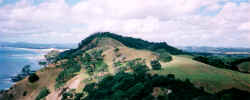 Wellington is on the water and very beautiful, pristine. I have too long been far from the sea. My taxi driver is benevolent, obliging and tours the city for me, chatting and pointing. Norfolk Pines line the streets.
Wellington is on the water and very beautiful, pristine. I have too long been far from the sea. My taxi driver is benevolent, obliging and tours the city for me, chatting and pointing. Norfolk Pines line the streets.
My hotel is on Cuba Street, which apparently never sleeps, and neither will I. Rod Stewart and Springsteen blare simultaneously. Hipster girls and tat faces hit the clubs and used-clothing stores, coffee bars. Drink your coffee flat and white. I give my cigarettes to a homeless man. Cheers. No worries.
I have packed all the wrong clothes; it is cold and windy. I left cold behind expecting summer. Cold to cold. In a used-clothing store, I buy jeans, flat shoes, socks, and a hat.
The hobbit is king in Wellington. Gollumses, hobbits, Gandalfs abound. On the screen in the airplane, in the airport, in the Weta Workshop. More than a little unnerving. I feel them watching me. I may well be the only person alive who did not see the movie. Nonetheless they watch me.
I cannot sleep. Technopop is playing on Cuba Street. Somewhere a car alarm is bleating. Finally, I surrender to sleeplessness and head for the lobby. On the sidewalk below the balcony, a man and a woman make out on a heated sofa. It is four a.m.
In the morning I drink my coffee flat and white and decide to hike to Katherine Mansfield’s girlhood home. It is in Thorndon, a long walk along the water, Jervois Quay to Customhouse, across the motorway. The wind tears at my raincoat. My eyes tear.
Eventually I find the little Victorian house with the lovely garden. A charming neighborhood. Restored and furnished with period pieces, the home is cozy, kind. It would be a lovely place to write. Mansfield compared it to a piggery. She had edges, more edges than a dodecahedron. I buy some postcards and thank the docent.
The conference opens with a mihimihi, a song of welcome and introduction, sung by a Maori woman. The song is beautiful, and I am so tired, so emotionally thin that I near tears.
The writers are Maori and Pākeā, mainly from Australia and New Zealand. Some seem to be jockeying for position, what New Zealanders call Tall Poppy Syndrome.
I stand to present the keynote paper and suddenly feel as if I am reading a paper that I have never seen before like finding a dress in my closet that I do not recall buying, the when and the where. My jokes are not going over—and then I know—I am the fat girl in the aisle. I bumble and stumble through it, jokes and all.
Later my peers want to meet for a drink. I enter a long deco, arched hall that looks like the entry to the Wizard of Oz’s receiving room. A surreal architectural approach for a glass of wine.
Only later will I learn that it is actually the Embassy Theater, designed by Llewelyn Williams in 1924 and recently renovated for the world premiere of The Lord of the Rings.
For dinner, we meet at the Ortega Fish Shack where I have Panzanella and chocolate sorbet.
My sense of time is further warped by wine. In Maori myth, Maūi and his brothers slow Tamanuiterā, the sun. They twist ropes of flax and wait in the East for the sleeping sun to stir from its bed in the pit. They net the sun and thereby slow time.
Time feels either slow or fast; I am uncertain which. At my age, I sometimes wonder if I had it to do over again, would I? No. But might I slow what remains me? I do not yet know.
At the conference’s open reading, Tim Upperton read this poem:
Spring
is coming. This is a poem about spring
which is too much. Everything is too much.
This is a poem about everything.
I ruin everything I touch.
I ruin the jonquils, the daffodils.
I ruin the I love you.
I ruin the blue remembered hills.
The apple trees vomit blossom. I ruin the morning dew.
Which is to say, I am terrified.
Meanwhile the grassy goodness, the lengthening day.
It’s not as if you died.
You come closer and closer away.
(from The Night We Ate the Baby, Hanunui Press, 2014)
Everything is too much.
In the morning I head for the Museum of New Zealand, Te Papa Tongarewa to find gifts for my family. There is a stunning view of the bay from the top of the museum, but my vertigo prevents me from walking to the edge. From afar, I admire the ships with gratitude, then head to the gift shop. Mainly Kiwis, lots and lots of Kiwis, Kiwi key chains, Kiwi pillows, carved Kiwis, stuffed animal Kiwis, and I have, of course, never seen a Kiwi except the fruit.
On the wall in Te Papa, it says, Titiro whakamuri. Embrace the past. I do not know if I embrace the past, but I certainly have trouble letting go of it—places I have lived, failed loves. Closer and closer away. If I need to learn anything it is to embrace the present. And maybe that is what was this trip is finally about. I am too old to have made this trip, the brutal sixty hours in the air. The exhaustion and consequent confusion. And yet how could I not? I will return and rise and teach and still not have fully recovered who I am. But maybe that is the point—to make a trip and become someone else—if only for a little while. But it is all for a little while. Just a little while after all.
Joan Connor is a professor at Ohio University and a professor in Fairfield University’s low residency MFA program. She is a recipient of the AWP award for her short story collection History Lessons, and of the River Teeth Award for her collection of essays, The World Before Mirrors. Her two earlier collections are We Who Live Apart and Here On Old Route 7. How to Stop Loving Someone won the 2010 Leapfrog Fiction Contest, adult category.

